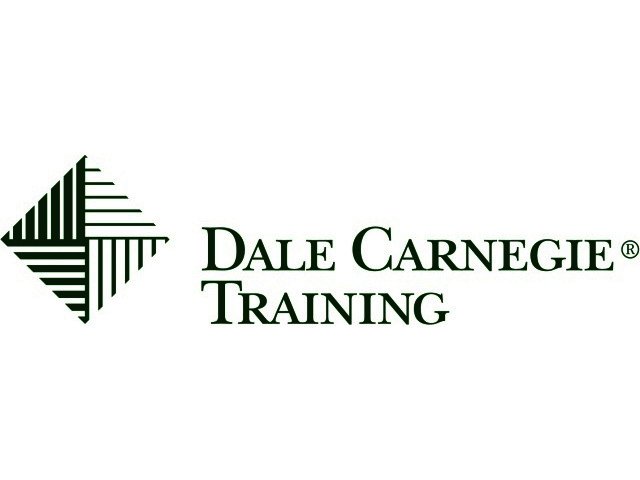People are an organisation’s single greatest asset. While factors like innovative products, quality services and cutting edge strategies play a part in the success of a business, none of these can be effectively implemented without engaged employees. Research shows that organisations with engaged employees have higher revenue, increased efficiency and save on costs - this is critical for SMEs as these businesses provide for more than 65% of the country’s total employment.
Dale Carnegie Training defines engagement as winning the hearts and minds of employees and helping them believe in – not just understand - what they are doing. Actively engaged employees believe in the organisation’s vision and are loyal to employers and encourages that same mind-set amongst peers. Disengaged employees can act as poison, undermining the good work of others and spreading negativity which can result in SME’s losing a large sum of money on recruiting.
Another important engagement factor is emotions, it directly affect an employee’s engagement level. For SMEs employee engagement is linked to the “me factor”– where the employee has a direct impact on results of the business and feels personally important and valued by the organisation. SME employees want to be trusted to do the required job with limited oversight. Feeling valued is important to increase engagement. A common misconception is that employers think raises/perks and communication are the most important engagement factors however, employees want better communication from management, not to be micro-managed, a work-life balance and to be more than just a name, therefore employers need to be focusing on engagement more.
Neville De Lucia, New Business Development director at Dale Carnegie Training Gauteng explains, “Put simply, employees want a work-life balance and to be able to do their jobs efficiently without the employer constantly checking up on their progress. Employees are loyal if the organisation has a vested interest in their well-being and find interactive ways to maintain high levels of engagement.”
Five key action points for SME’s to drive employee engagement:
EMPOWER
Empower employees. Make them their own “unit” where they are responsible for their work, this will create a sense of responsibility. Encourage employees to ask for help when they need it by maintaining an open-door policy.
ENCOURAGE
Encourage enthusiasm by varying employees’ responsibilities making them feel important and valued. Also giving praise where it is due, which encourages and motivates employees to do their best in all that they do.
INSPIRE
Inspire employees by communicating openly and building authentic relationships with each of them. Treat employees as valuable people with skills rather than people with valuable skills.
BUILD CONFIDENCE
Build confidence by trusting people to do the job you hired them to do. Take a fresh approach at giving recognition with informal, non-monetary rewards and job rotation. This is not the same as promotion but can promote career growth.
COMMUNICATE
Communicate the goals of the organisation and clearly define each person’s role in reaching these goals. Invest in well-executed communication strategies with check-in sessions, brainstorms and or retreats that will ensure both sets of goals are tracked and aligned and employees engaged.





